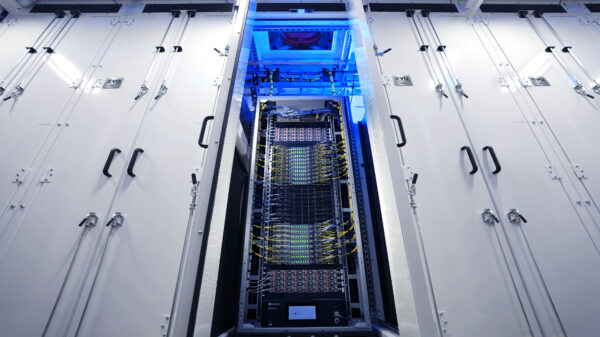Datametrex AI (TSXV:DM) launched its smart factory AI (artificial intelligence) technology, based on AI, big data and server automation operating system technologies.
The purchase orders from various multinational companies started to roll in shortly after. The total dollar amount was USD$200,000 and the companies include Korean tech giant, Lotte Data communications, Woongjin, and Kolon Benit.
“The size of smart factory market is expected to grow more than 60 per cent this year compared to 2020. Applying our technology in the smart factory market is another milestone and accomplishment for Datametrex. We are thrilled to expand our machine learning technology to help businesses improve. Additionally, Datametrex is proud to be able to provide our AI technology services to some of the most notable IT and AI companies. Providing AI tools to help our clients optimize their business and alleviate risk factors is at the core of what our technology provides,” said Marshall Gunter, chief executive officer of the company.
This technology is in Datametrex’s wheelhouse. The company is a tech-focused company using AI to find and create progressive solutions for multiple verticals, including cybersecurity, telehealth, and electric vehicles. The company’s mission is to manufacture and provide the tools that will help companies meet their operational goals with predictive and preventive technologies.
Benefits of the smart factory
The smart factory uses automation to reduce human manual handling and the factor becomes more efficient because production can be responsive in real-time.
Smart factor manufacturing is intended to eliminate human error by using information and communication technologies to streamline both production and processing while keeping safety, product quality and sustainability. These technologies benefit manufacturers by creating faster and cost-efficient processes.
This happens because of improved data insights. Digital information translates into better use of resources and optimal operational plant performance. The data comes faster, and real-time reporting creates problem solving solutions and thereby improves productivity.
Also, productivity and engagement enjoy a bump when it’s easier for employees to communicate. Information in a smart factor can be personalized and customized to each individual to better mesh with the company’s overall manufacturing goals.
The market size for smart factory manufacturing is expected to reach USD$727 billion by 2030, developing at a compound annual growth rate of 12 per cent, and influenced by businesses able and willing to take a risk at minimizing cost and labour of operations and manufacturing.
Read more: LivePerson brings artificial intelligence to the banking world
Read more: The Mugglehead technology roundup: artificial intelligence edition
Read more: Minerva Intelligence puts artificial intelligence in the driver’s seat














